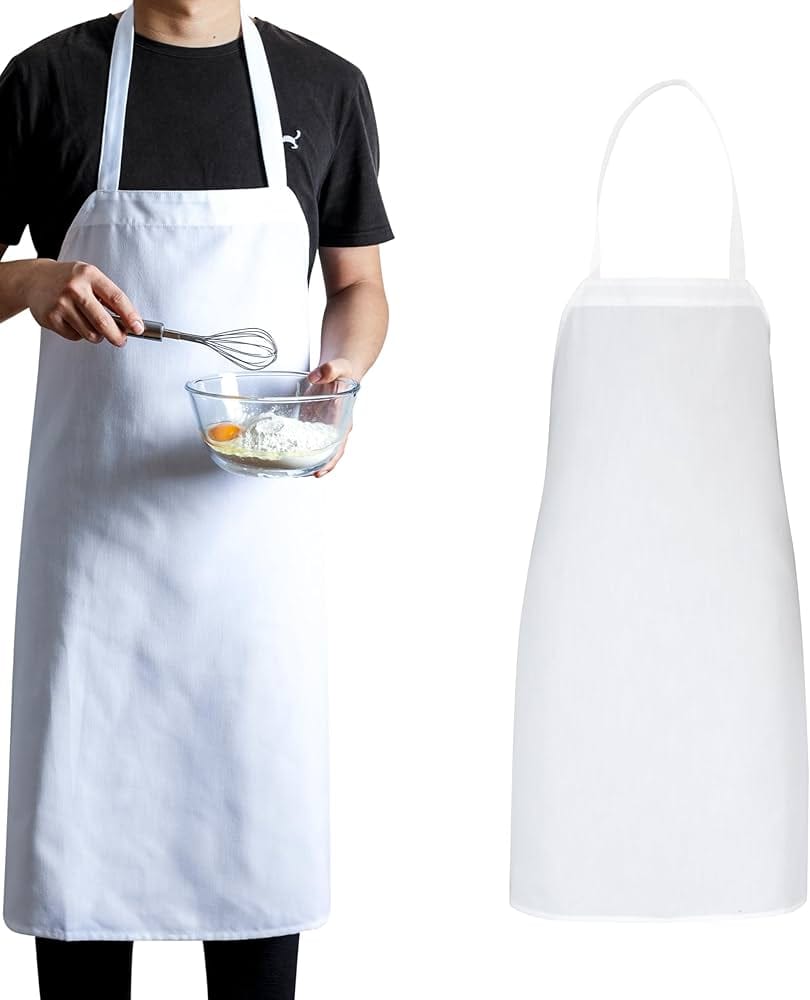What is the Difference between Home Cooking And Commercial Baking Terms

Cooking and baking are both fun and rewarding. But they have their own unique terms. Home cooking and commercial baking use different words. Let’s explore these terms and understand the differences.
Home Cooking Terms
Home cooking is done in your kitchen. It is usually for family or friends. Here are some common home cooking terms:
- Boil: Cooking food in water at 100°C (212°F).
- Simmer: Cooking food in water just below boiling point.
- Sauté: Cooking food quickly in a small amount of oil or butter.
- Chop: Cutting food into small pieces.
- Dice: Cutting food into very small cubes.
- Grate: Shredding food into tiny pieces.
- Season: Adding salt, pepper, or spices to food.
- Bake: Cooking food in an oven.
- Roast: Cooking food in an oven, usually meat or vegetables.
- Grill: Cooking food on a grill or barbecue.

Credit: www.amazon.com
Commercial Baking Terms
Commercial baking is done in bakeries or large kitchens. It is usually for selling. Here are some common commercial baking terms:
- Proof: Letting dough rise before baking.
- Ferment: Letting dough rest to develop flavor.
- Knead: Working dough to develop gluten.
- Bench Rest: Letting dough rest before shaping.
- Scale: Measuring ingredients by weight.
- Sheet: Rolling dough into a flat layer.
- Dock: Pricking dough to let steam escape.
- Laminate: Folding dough with layers of butter.
- Retard: Chilling dough to slow fermentation.
- Glaze: Brushing dough with a shiny coating.
Key Differences
The terms used in home cooking and commercial baking are different. Here are some key differences:
| Home Cooking | Commercial Baking |
|---|---|
| Simple and easy terms | Specialized and technical terms |
| Focuses on basic techniques | Focuses on precise techniques |
| Uses common kitchen tools | Uses professional baking tools |
| For family and friends | For selling and large-scale production |
Understanding Home Cooking Terms
Home cooking terms are simple. They help you cook daily meals. Here are some examples:
- Boil: Boiling means cooking in hot water. You can boil pasta, rice, or eggs.
- Sauté: Sautéing means cooking quickly in a pan. You can sauté vegetables or meat.
- Chop: Chopping means cutting food into pieces. You can chop onions, carrots, or peppers.
Understanding Commercial Baking Terms
Commercial baking terms are technical. They help bakers make perfect bread and pastries. Here are some examples:
- Proof: Proofing means letting dough rise. It makes bread light and fluffy.
- Knead: Kneading means working dough. It develops gluten and makes dough elastic.
- Laminate: Laminating means folding dough with butter. It creates layers in pastries like croissants.
Why These Differences Matter
Understanding these differences is important. It helps you cook and bake better. Home cooks can make tasty meals. Commercial bakers can make perfect bread and pastries.

Credit: www.kitchenaid.com
Frequently Asked Questions
What Are Home Cooking Terms?
Home cooking terms include sauté, simmer, and roast. These terms are usually simple and easy to understand.
What Are Commercial Baking Terms?
Commercial baking terms include proofing, laminating, and docking. These terms are specific to professional baking processes.
How Do Home And Commercial Terms Differ?
Home cooking terms are general and simple. Commercial baking terms are more technical and specialized for professional use.
Conclusion
Home cooking and commercial baking have different terms. Home cooking uses simple terms. Commercial baking uses technical terms. Knowing these terms helps you cook and bake better. Enjoy your time in the kitchen!

